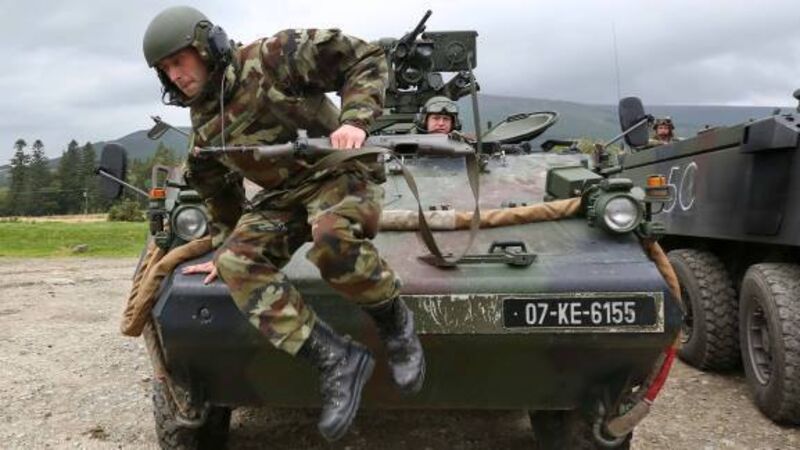Defence Force cadets’ withdrawal symptoms over phones

A top-level report said cadets and officer recruits found the lack of sleep and early starts as well as diet and fitness regimes to be demanding.
Dr Eileen Doyle, chair of the Independent Monitoring Group, said young trainees to the Army, Navy and Air Corps were having “great withdrawal symptoms” being without their mobile phones. But she said the young adults she spoke to took the restrictions with “good humour”.













